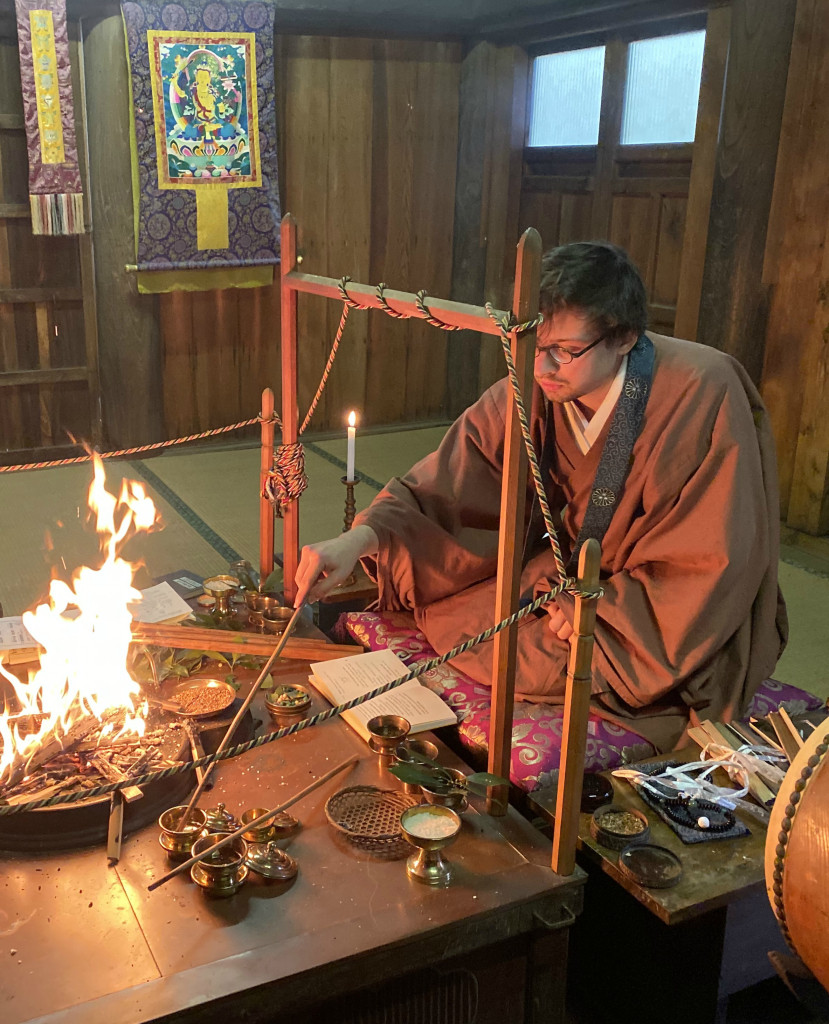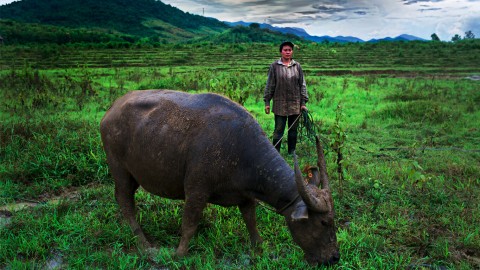Inner Tension
Once a great Sufi saint, Hassan, had a dream. For years he was seeking and seeking, and suddenly that night in the dream he found God himself standing in front of him, and in his hand God was holding an onion. Hassan was surprised: Why an onion? And God said to him, “Now you choose. Now you have become able to choose. Would you like a slice of onion or the whole onion? The alternatives are open, and whatsoever you want you can have – you choose.”
Hassan started meditating in his dream. He was at a loss to choose. He could have chosen the part if the ego was there; he could have chosen the part because the ego always chooses the part. It cannot choose the whole because in the whole is fear. It will have to disappear. Or, he could have chosen the whole, because ego is greedy; not knowing that in the whole it will have to disappear, it may choose the whole.
But he opened his eyes in the dream and said to God, “It is difficult. I cannot choose because if I choose the part there will always be conflict. If I choose the part there will always be fear and death. The part has to die, it cannot live forever; only the whole can live. If I choose the part I am choosing struggle, conflict, disharmony; I am choosing limitation, bondage, because I am choosing the finite. No, I cannot choose the part.”
God laughed and said, “Then why don’t you choose the whole?”
Hassan said, “I cannot choose the whole because a whole without the parts won’t be much alive.”
God blessed Hassan and said, “You did well. It is right.”
If you choose the part there will always be conflict, struggle to survive – because the part is always on the verge of dying, it is always near death. In fact it is already dead. If you choose the whole against the part you again choose a dead thing. A whole without parts won’t be alive. It will be monotonous. It will have no inner tension in it to make it alive. It won’t throb. It cannot dance, it cannot walk. It will be like a dead rock, with no music coming out of it. Music needs tension, a throbbing, expectant tension.
With the part and the whole there is continuously a tension – and that tension is the very life. Between the part and the whole the river of life flows as between two banks. Between the part and the whole, God exists, as the subtlest, delicate most tension. Between the duality, oneness exists. The duality is like two banks and the oneness is the river between the two. It doesn’t belong to either, and it belongs to both; hence the paradox.
A part is always going separate and coming nearer together again. A part is moving away from the whole and still is rooted in the whole – just like a plant moving toward the sky, away from the earth, and still rooted in the earth; trying to be a bird, but rooted, trying to reach the sky, but rooted in the earth. Only then the tree can exist. It is a subtle tension between the earth and the sky.
A part is continuously marrying the whole and continuously divorcing it. And there is the whole beauty of it: moving away and coming nearer, falling in love and fighting – and this goes on simultaneously. The oneness is not against duality; in fact the oneness is between the duality, and hence it is so alive.
Tags: Adwaita Authentic Religion Experience Of Silence Follow Silence Inner Tension World Is Dual










